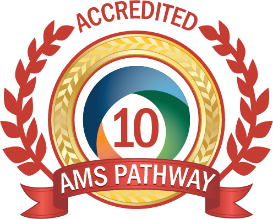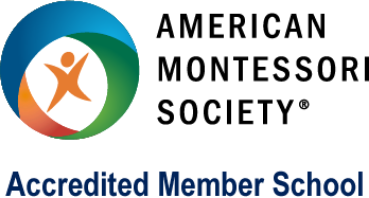Our school’s mission is to cultivate confident and creative builders of the future.
We prepare a developmentally appropriate environment that enables individual learning styles following the philosophy of Maria Montessori. Our diverse community nurtures values that create social responsibility and mutual respect, enhanced by a strong partnership between school and home. Our philosophy stands on four pillars of education:
- Academic Excellence – creating joyful, lifelong scholars in the search for excellence;
- Universal Values – values that are common to all cultures, such as respect, honesty, integrity, compassion, kindness, and peace;
- Global Understanding – appreciation and understanding of other cultures in order to achieve global citizenship;
- Service – giving as well as receiving and being a part of a larger community.
The Cherry Blossom Montessori School is uniquely different from traditional education.
- The Prepared Environment – In order for self-directed learning to take place, the whole learning environment room, materials, and social climate must be supportive of the learner. The teacher provides necessary resources, including opportunities for children to function in a safe and positive climate. The teacher thus gains the children’s trust, which enables them to try new things and build self-confidence.
- The Montessori Materials – Dr. Maria Montessori’s observations of the kinds of things which children enjoy and go back to repeatedly, led her to design a number of concrete multi-sensory, sequential and self-correcting materials which facilitate the learning of skills and lead to the learning of abstract ideas.
- The Teacher, or Directress – The Montessori Teacher functions as a designer of the environment, resource person, role model, demonstrator, record-keeper and meticulous observer of each child’s behavior and growth.
- The Family – The family is an integral part of the learning environment. Our parents understand and participate in the learning process, embracing our methods, goals and beliefs. This differs from traditional education where a parent may be a “helper” at best.




